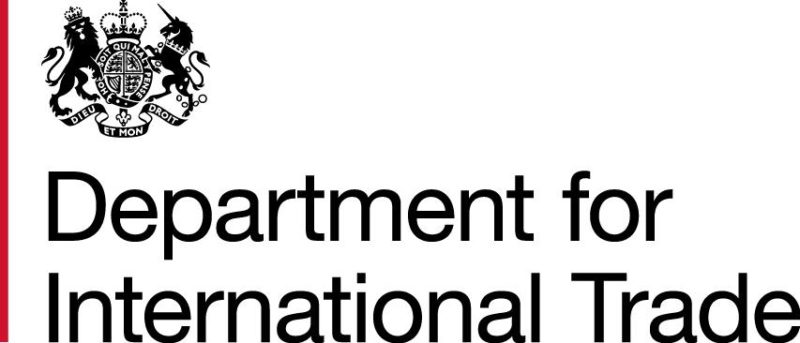Vicky Foxcroft MP for Lewisham Deptford & Shadow Minister for Disabled People
Last night the Commons voted on a series of Lords amendments to the Trade Bill. The bill was originally proposed in 2017 as the means by which the UK would adjust to managing its trade policy after Brexit. It contained four main elements:
- Provision for the implementation of the 40-plus trade agreements with non-EU countries that the UK was looking to rollover beyond the transition period.
- Provision for the UK to enforce the WTO’s rules on competition for government procurement contracts in its own right.
- Provision for the UK to pursue WTO intervention in international disputes over unfair trade practices, via our own newly-established Trade Remedies Authority.
- The establishment of new powers for the collection and sharing of export data by HMRC and the exchange of data between the departments and agencies involved in the facilitation of trade via the Channel ports.
From the outset, Labour’s criticism of the Trade Bill has been that the Government has failed to use this opportunity to set out the UK’s principles for the negotiation of future trade deals, and to overhaul the inadequate procedures for parliamentary scrutiny of those deals.
The bill was withdrawn in 2019, but re-presented in 2020 in much the same form, minus the amendments that were agreed during its previous attempted passage. The Government’s increased majority has allowed it a smoother passage this time around, but it has continued to face battles over various proposed amendments, especially those concerning parliamentary scrutiny, Human Rights, exemption for the NHS, and farming standards, the last of which led to the creation of the Trade and Agriculture Commission (TAC), and accompanying government amendment to the bill.
Given the problems it has had with these various amendments, the Government could be forgiven for asking why it needs the Trade Bill any more. Returning to the bill’s original objectives, the rollover agreements with non-EU countries are mostly in place, as are the new procedures for procurement and trade remedies, and the TAC has been established. The UK is up and running as an independent trading nation without the passage of this bill.
The only outstanding issue was the need for legislation to cover the exchange of data between government departments and agencies, but – with Labour’s consent – this was passed in one day as a stand-alone bill at the end of 2020 to have it in place for January 1st.
Labour insisted on a commitment from Department for International Trade ministers that they would not drop the Trade Bill – and the various problematic amendments coming back from the House of Lords – if we consented to the quick and unimpeded passage of the bill on data exchange.
Last night we voted on a series of amendments proposed by the Lords, which covered the contentious areas outlined above. The Government won all of the votes, but its majority was reduced to just 11 in the vote against adopting an amendment which would outlaw trade deals with countries judged by the High Court to be committing genocide. A number of Tories also rebelled in the vote on parliamentary scrutiny.
The bill now goes back to the Lords as part of the ‘ping pong’ process. If you would like to find out more about its progress and the details of the bill, see https://services.parliament.uk/Bills/2019-21/trade.html

